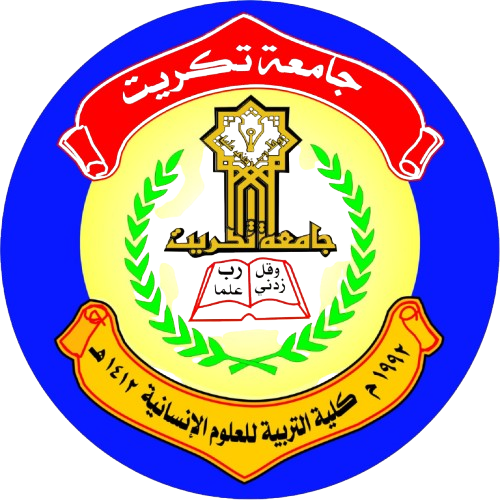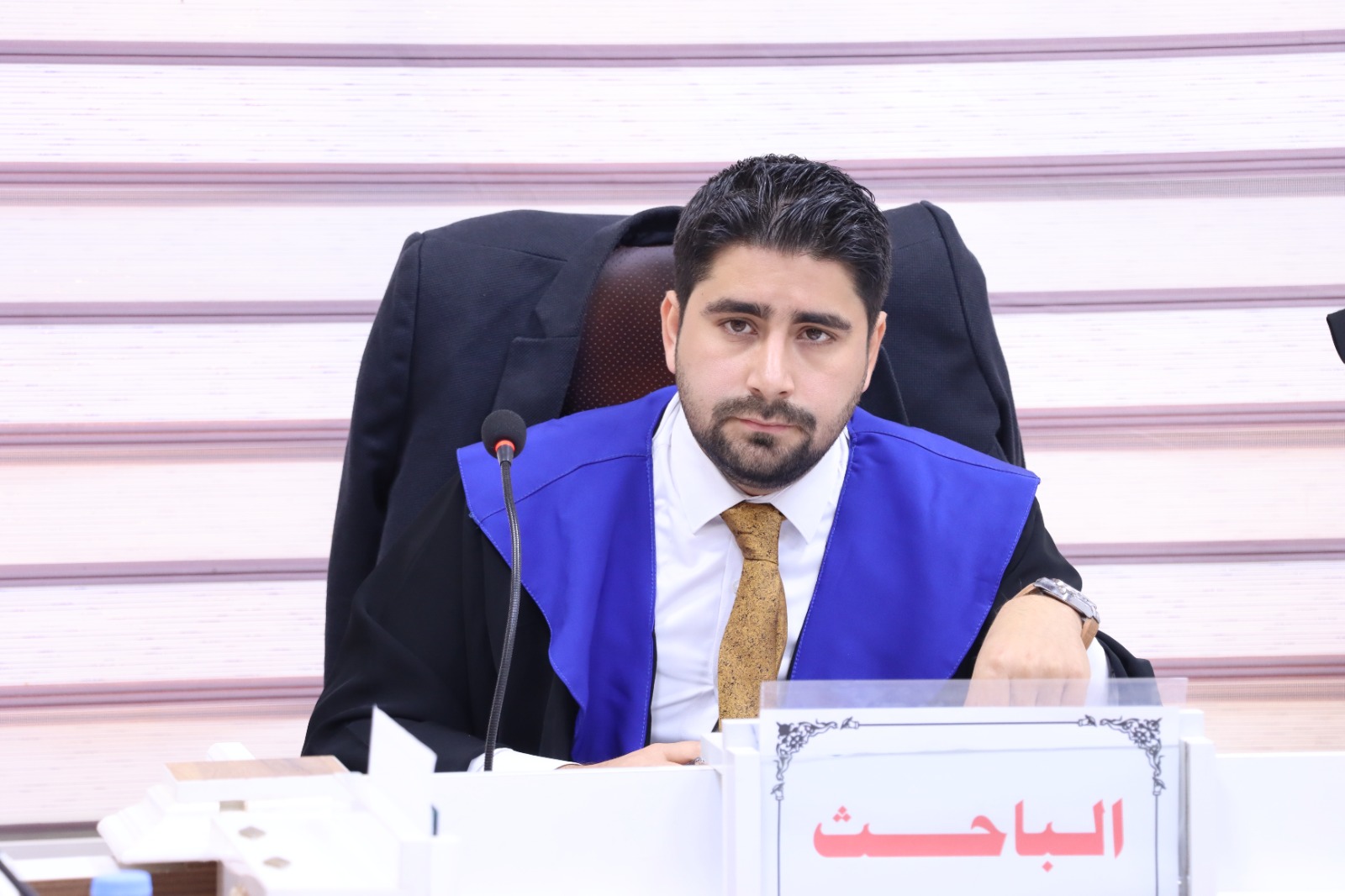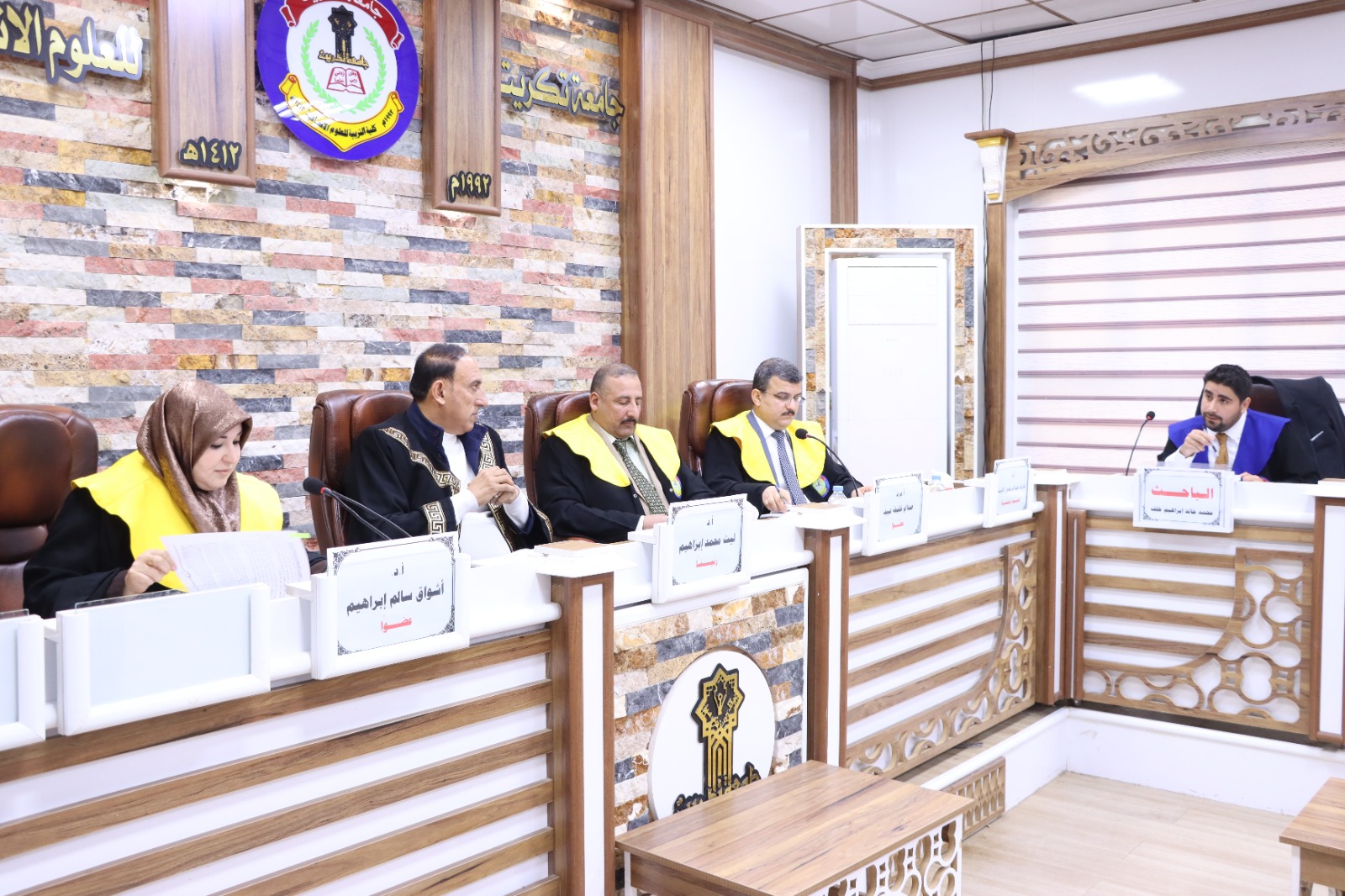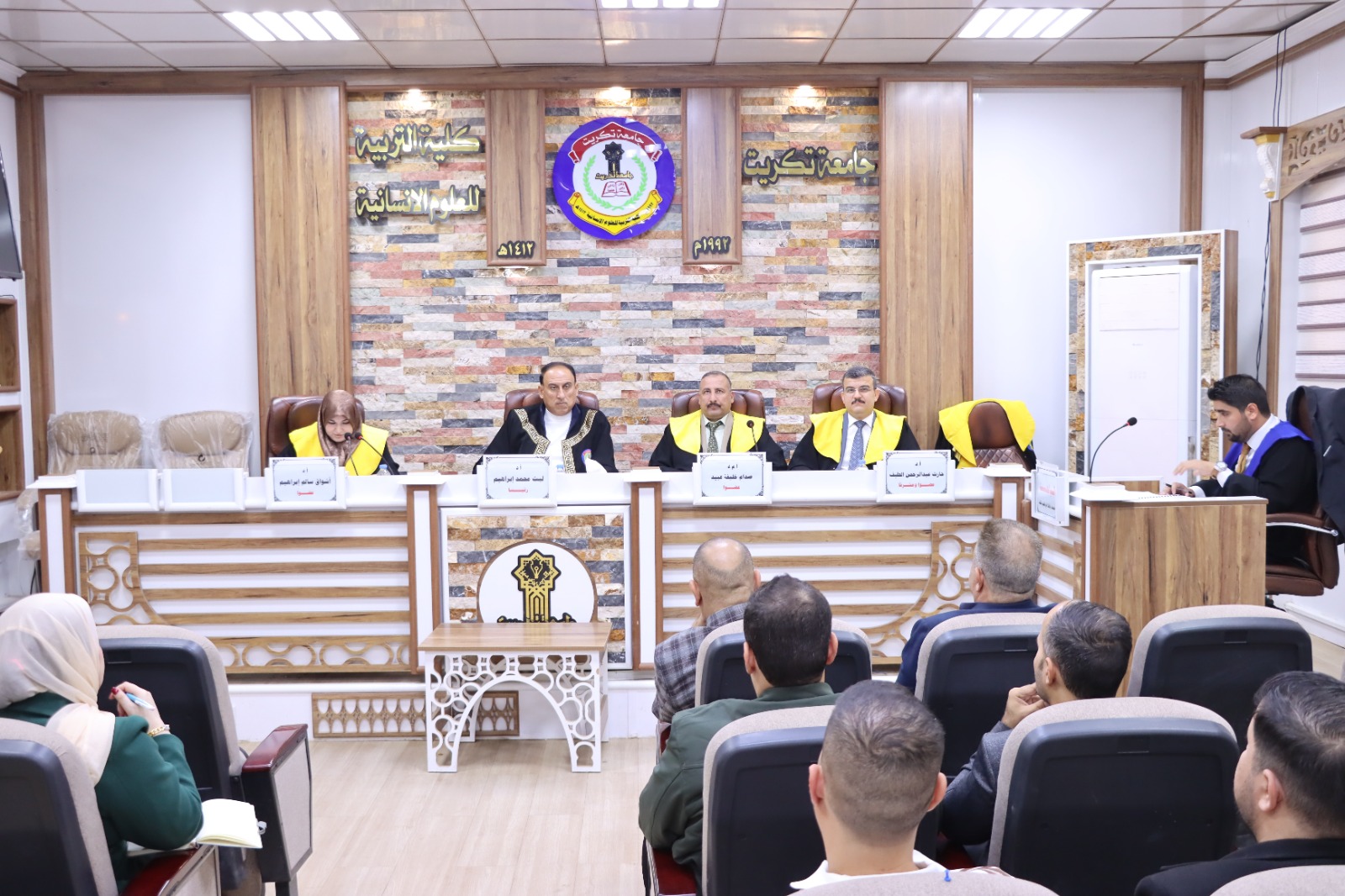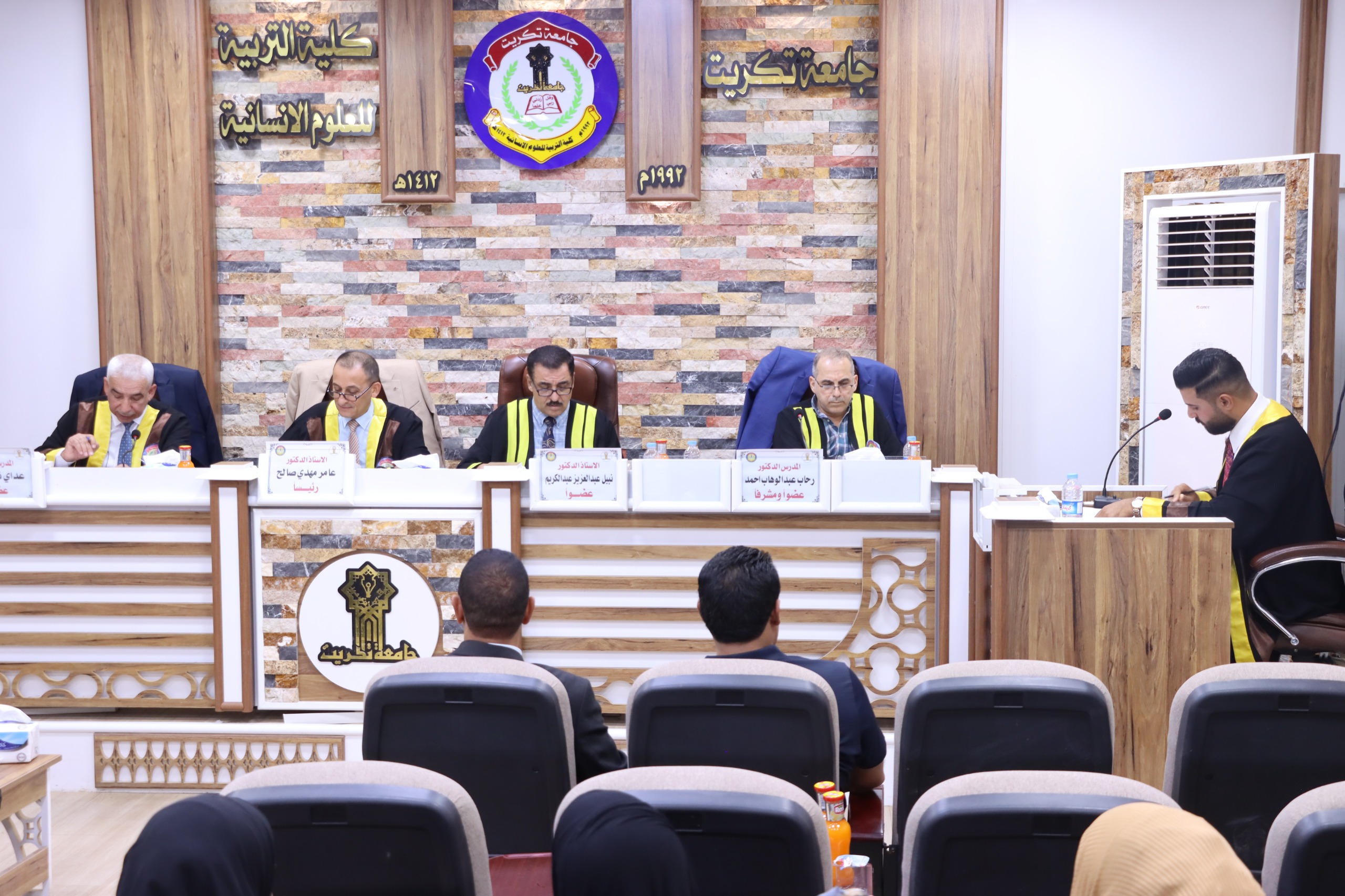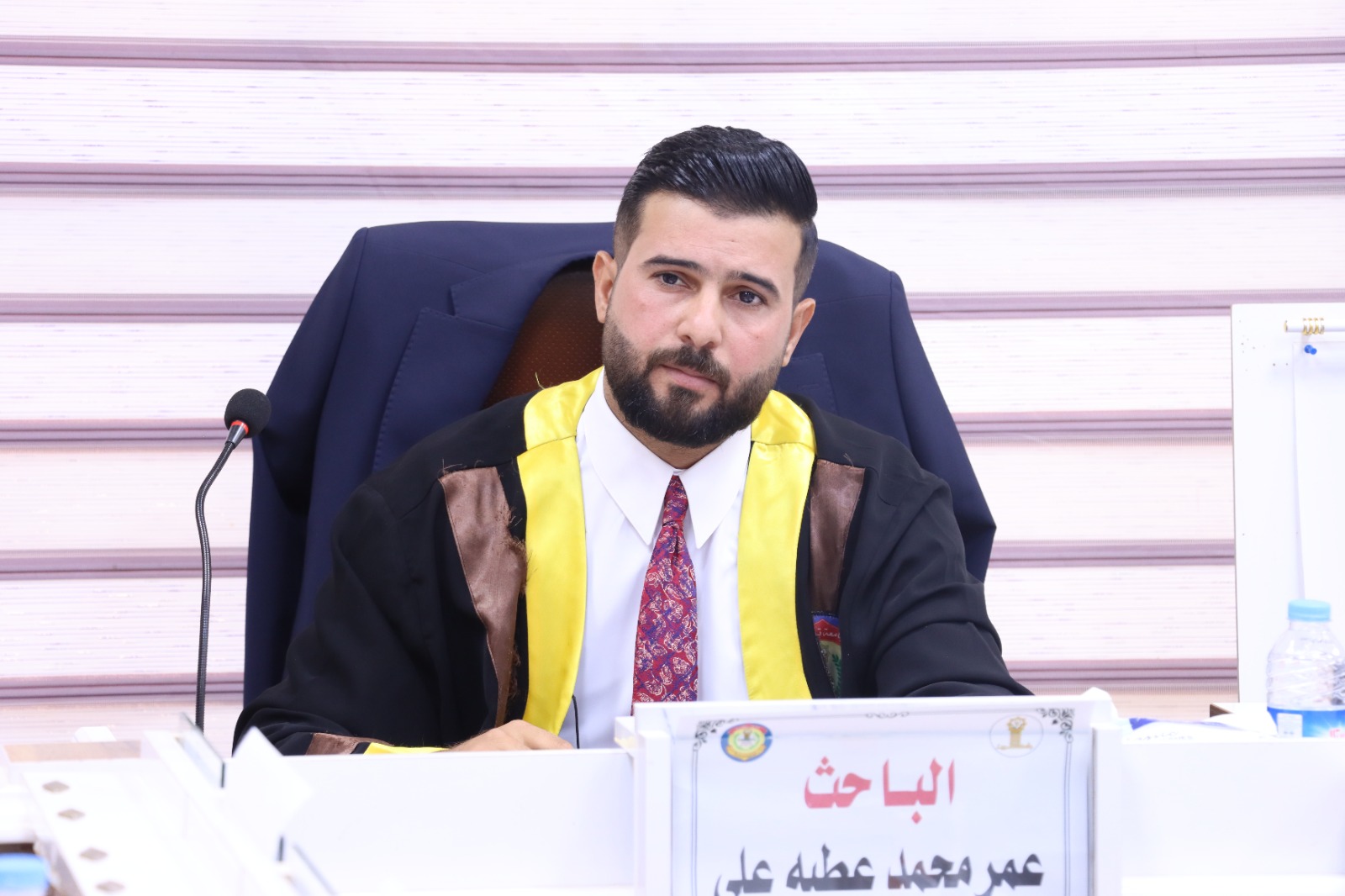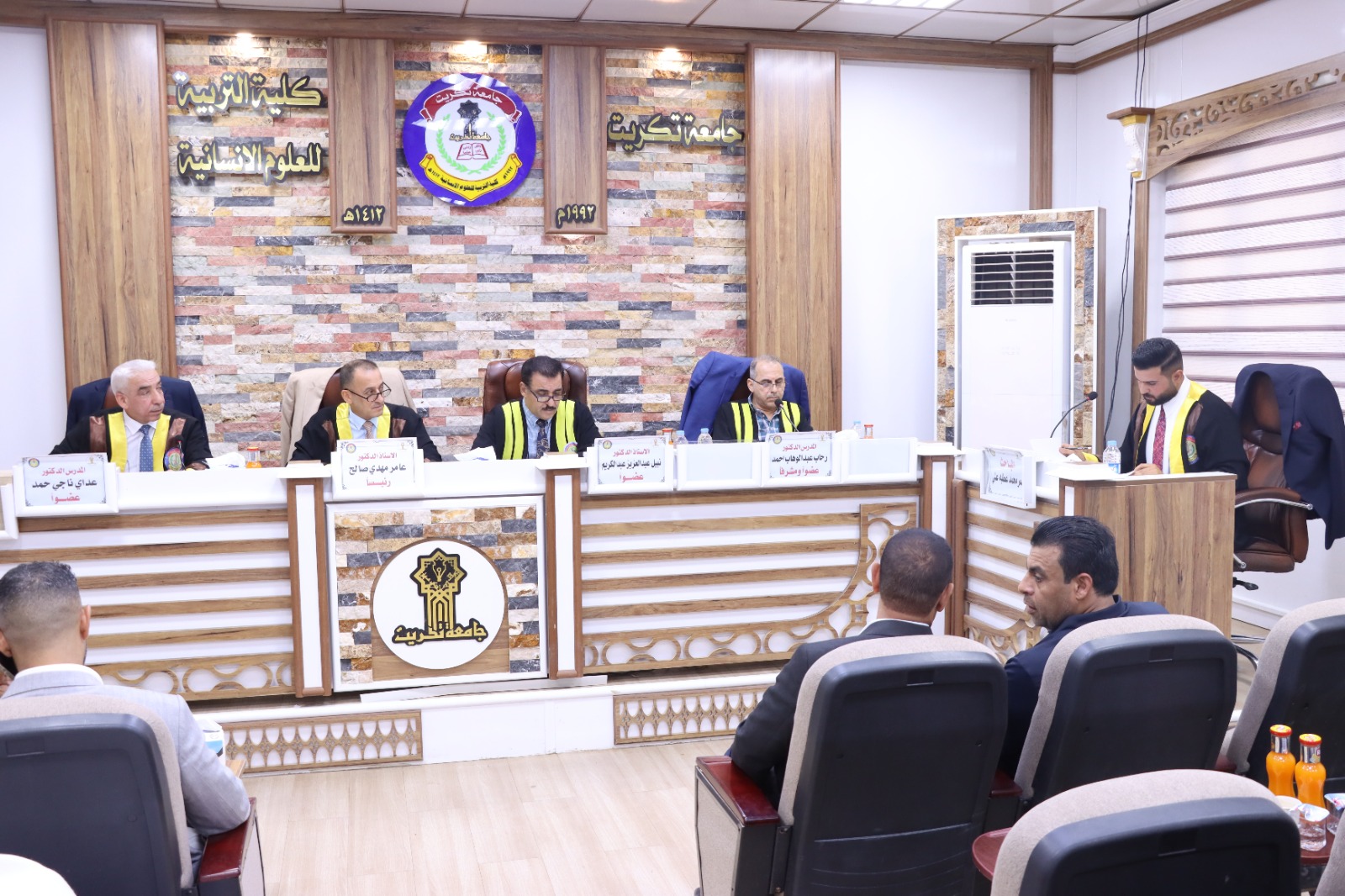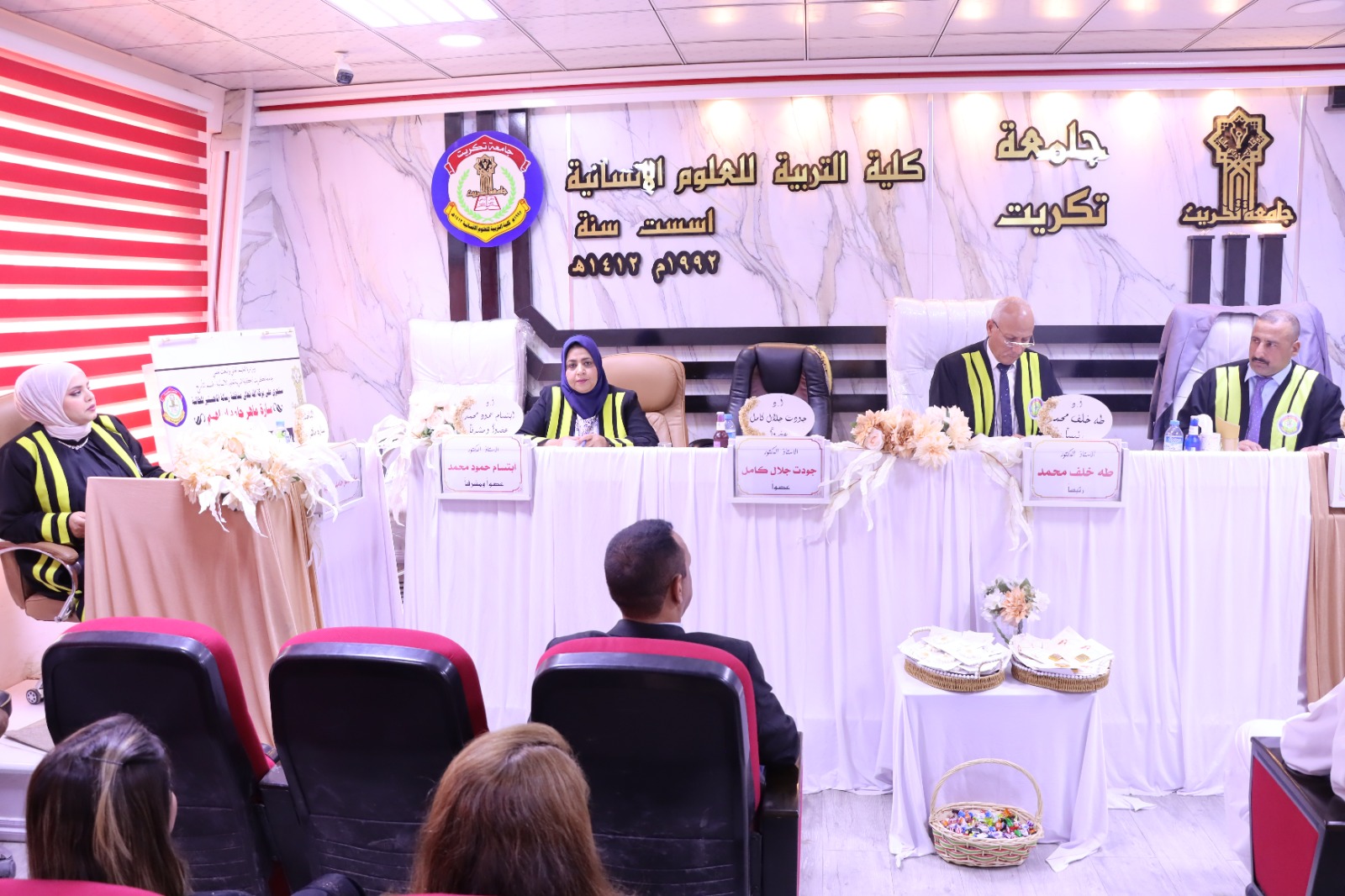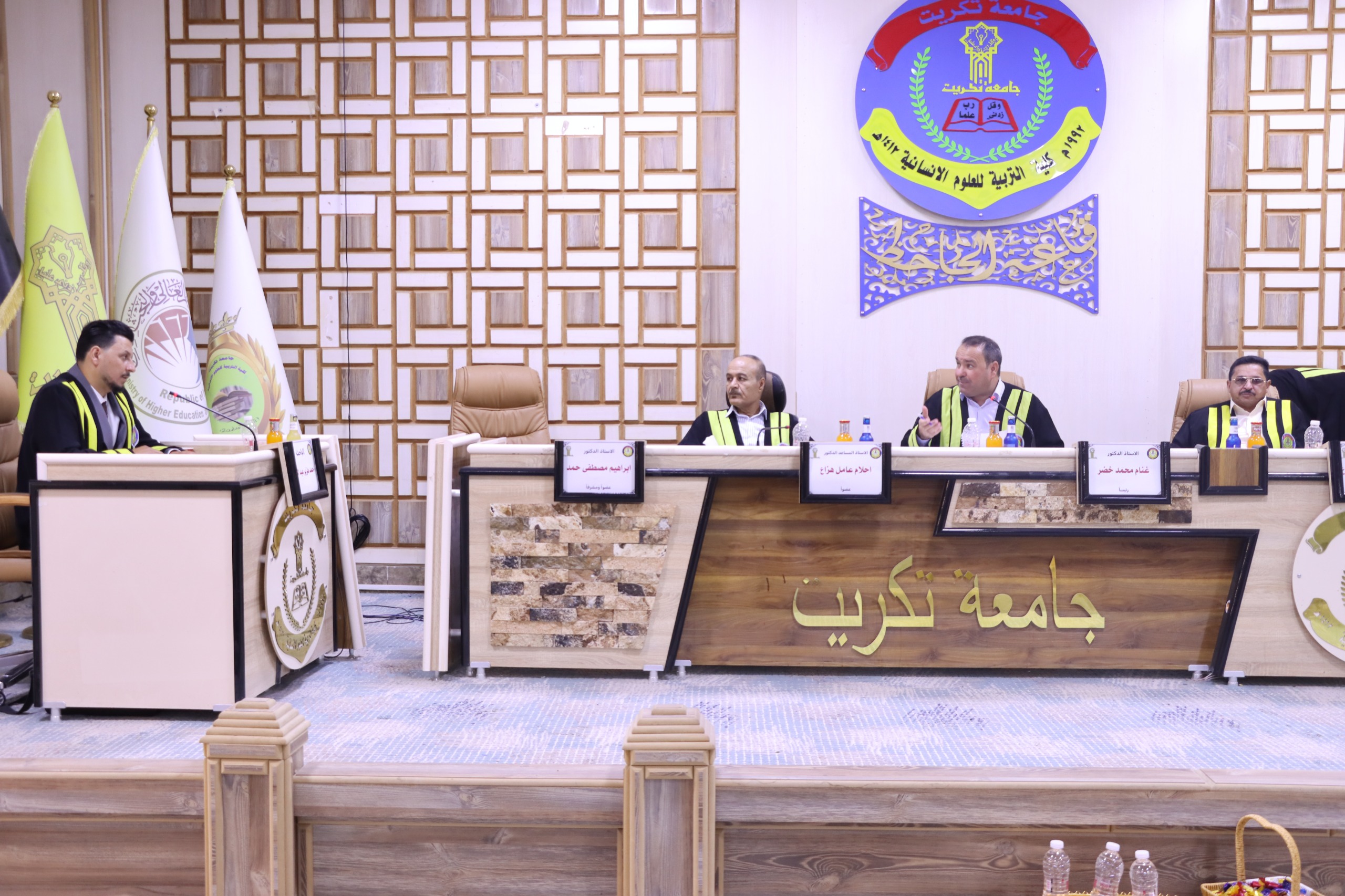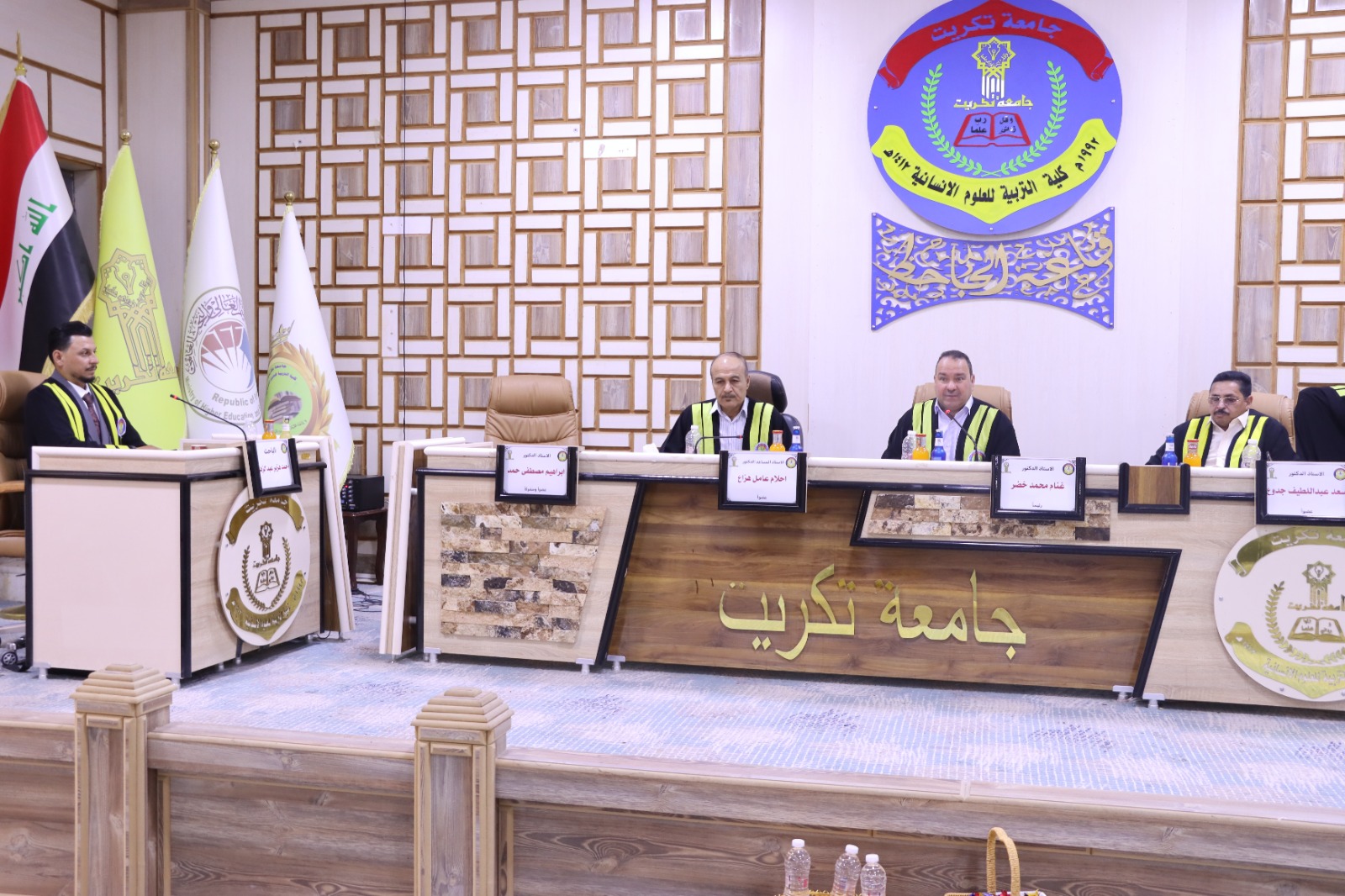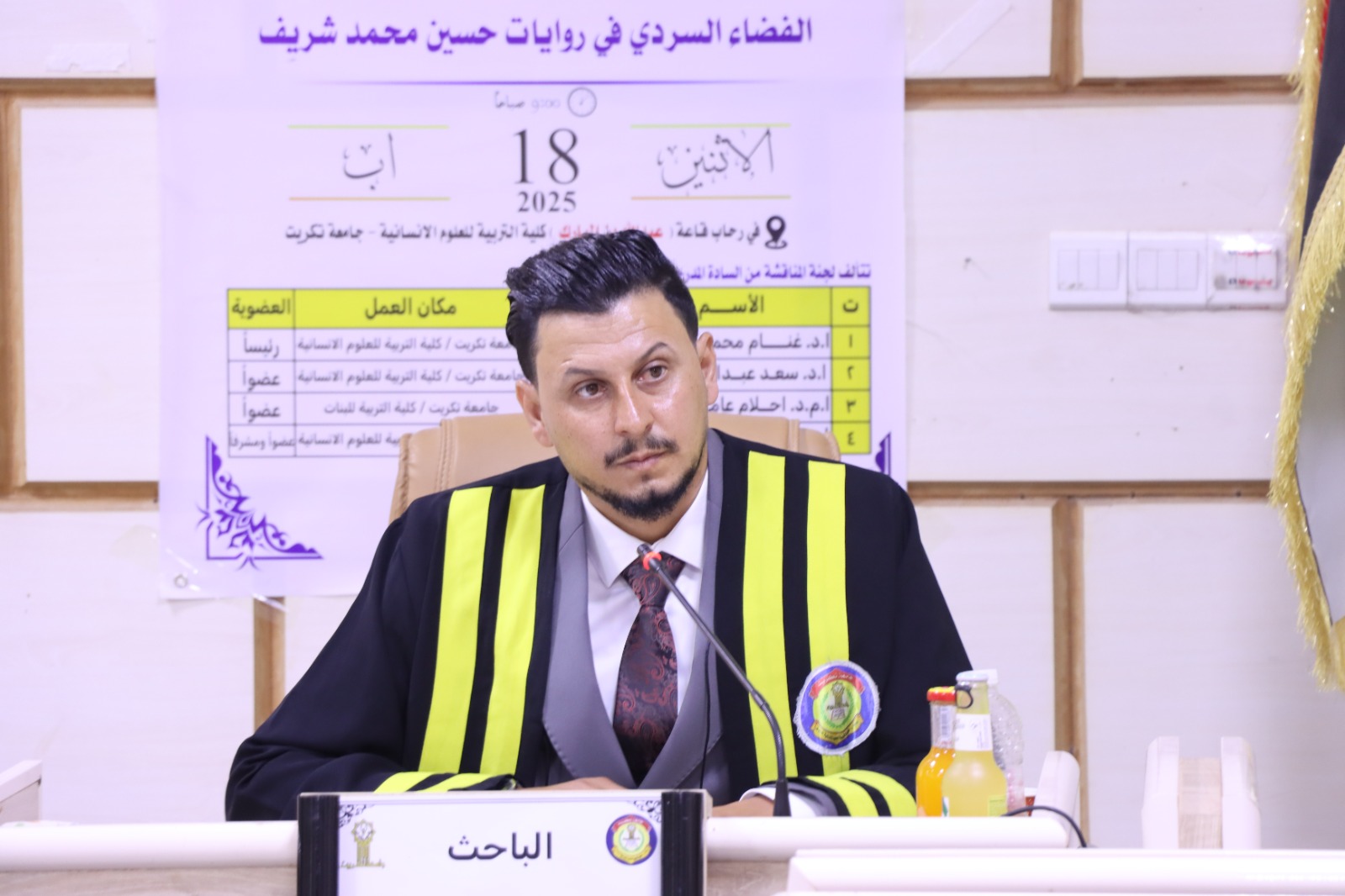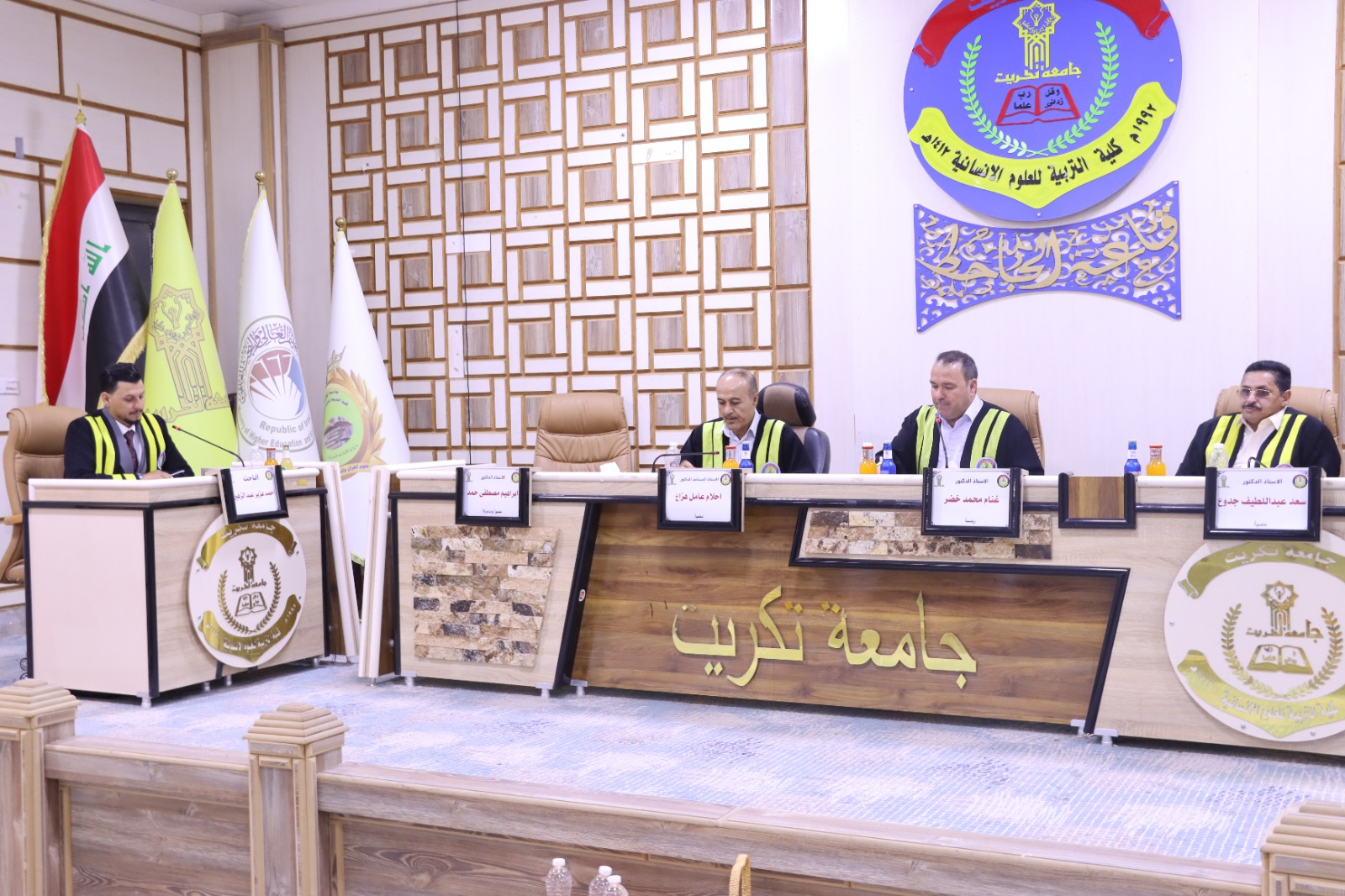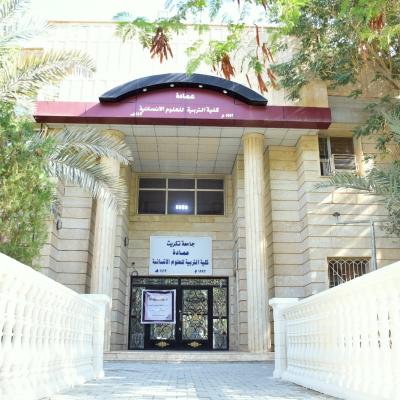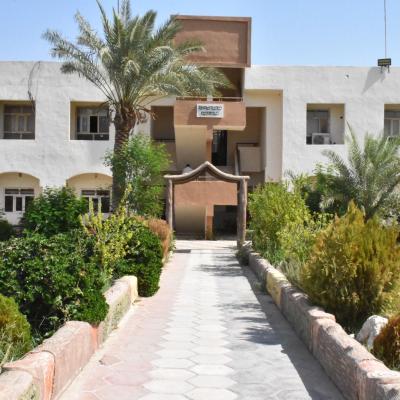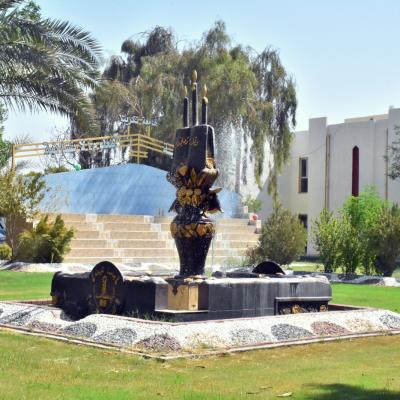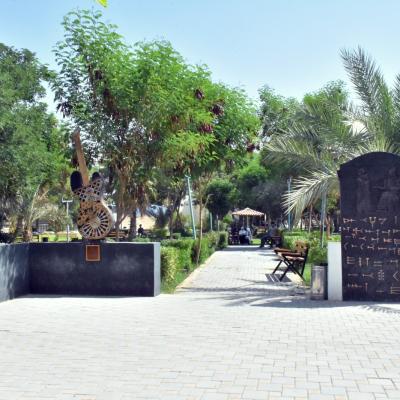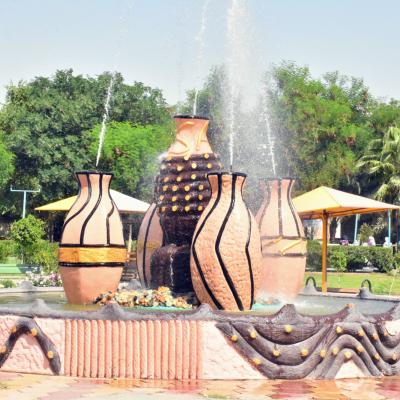The Department of History at the College of Education for Humanities held the defense session for the master’s thesis submitted by Mohammed Khalid Ibrahim on Tuesday, November 25, 2025, entitled:
“António Salazar and His Role in Portugal’s Domestic Policy until 1970.”
António Salazar ruled Portugal from 1932 under a conservative dictatorship, applying the philosophical principles of Thomas Aquinas to Portuguese society. He banned political parties, particularly secular, democratic, and communist factions. The military played a decisive role in his rise to power following the establishment of the Second Portuguese Republic in 1926, when Salazar was appointed Minister of Finance. His financial policies succeeded in reducing the impact of the global economic crisis of 1929, which significantly increased his popularity. Salazar remained in power until his death in 1970.
The study reached several key conclusions, including:
- Salazar’s religious upbringing had a profound influence on his personality and on the development of his intellectual and political views.
- The military takeover of government paved the way for his political advancement.
- Salazar’s dictatorship was founded on resisting secular and democratic ideologies.
- Salazar believed that the family represented the fundamental nucleus for building the Portuguese nation.
- He succeeded in keeping Portugal out of both the Spanish Civil War and World War II.
The examination committee consisted of:
- Prof. Laith Mohammed Ibrahim – University of Tikrit, College of Education for Humanities – Chair
- Prof. Ashwaq Salem Ibrahim – University of Samarra, College of Education for Humanities – Member
- Assoc. Prof. Saddam Khalifa Ubaid – University of Tikrit, College of Education for Humanities – Member
- Prof. Harith Abdulrahman Al-Taif – University of Tikrit, College of Education for Humanities – Member and Advisor
Media and Government Communication Unit – College of Education for Humanities – University of Tikrit
